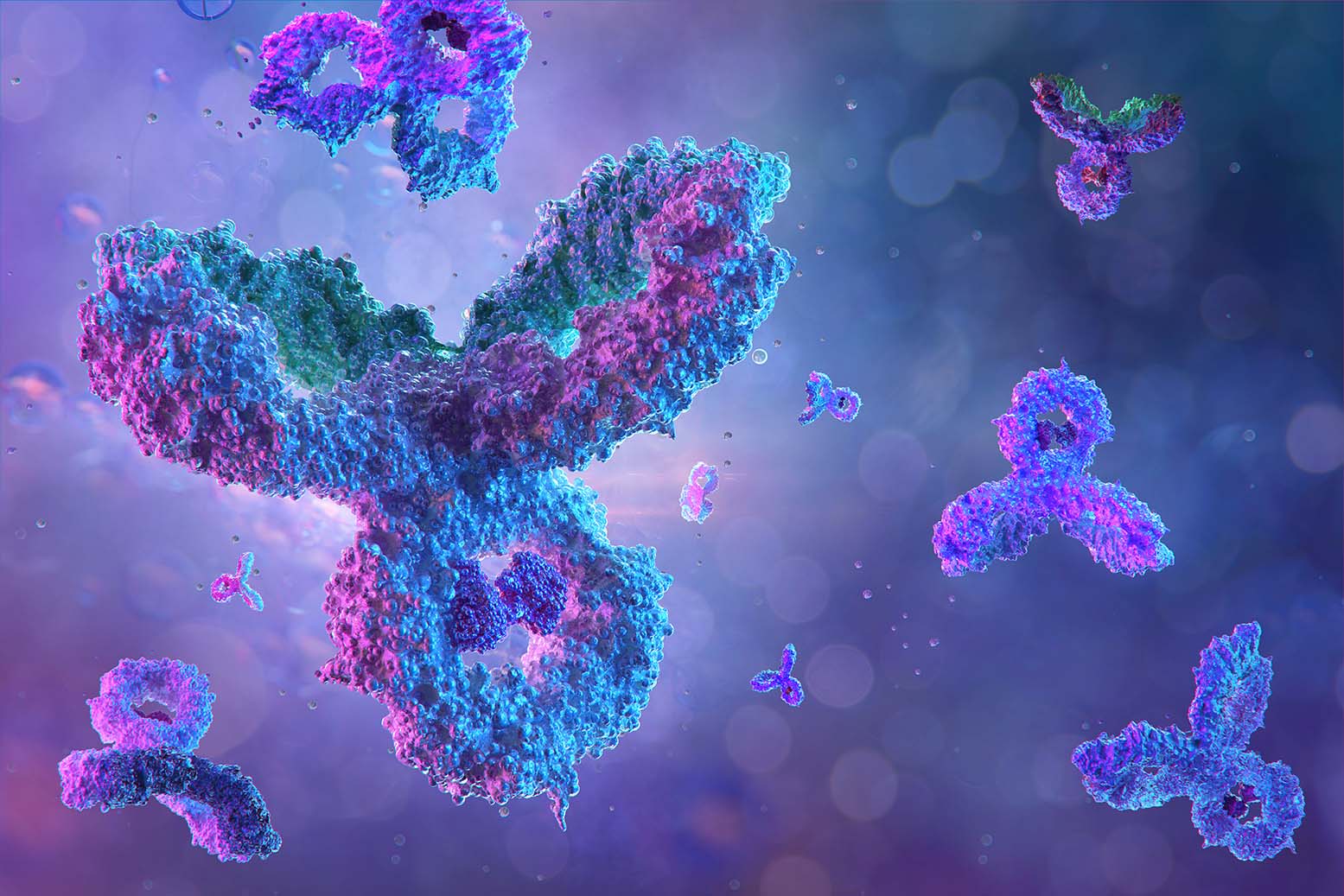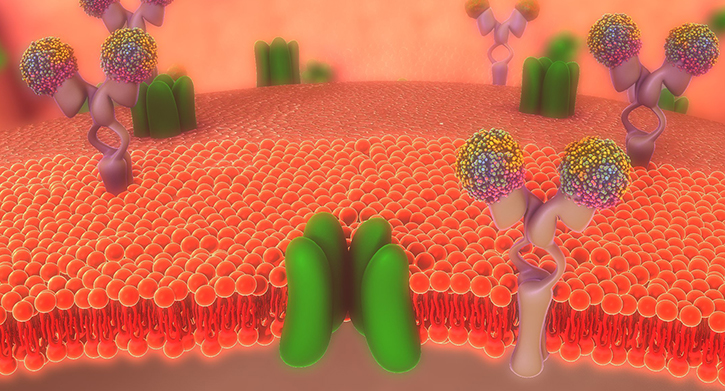Heptares Therapeutics has extended its collaboration with the UK Medical Research Council (MRC), including its leading research groups at the MRC Laboratory of Molecular Biology (LMB, Cambridge, UK) and MRC National Institute of Medical Research (NIMR, London, UK), on the structure and active conformations of G-protein coupled receptors (GPCRs), and other transmembrane proteins. Building upon their existing relationship with the MRC, and in particular the group led by Chris Tate at the MRC LMB – an internationally recognised expert in structural biology of integral membrane proteins – Heptares will own certain IP and technology in the field, including that pertaining to agonist-induced GPCR states responsible for cell signalling, a key area for drug design.
“Our collaboration with the MRC over the past five years has increased our fundamental understanding of GPCR structure and function tremendously,” said Malcolm Weir, CEO of Heptares Therapeutics. “Applying this knowledge has enabled Heptares to establish a leadership position in GPCR-targeted drug discovery and to create a structure-based discovery platform capable of addressing one of the most important but challenging target families. Continuing this relationship with MRC will ensure Heptares remains at the forefront of GPCR research and we are very pleased to continue working together.”
Dave Tapolczay, CEO of MRC Technology, the MRC’s technology transfer agent, said “This collaboration between the MRC and Heptares is a great example of how world-class UK science can be developed in a commercial environment. The MRC has been responsible for some of the most important scientific discoveries of the past century, and it is exciting to see this collaboration developing into a real success story.”
Heptares was founded in 2007 based on the pioneering research into GPCR stabilisation and structure carried out at the MRC LMB and NIMR. Since then, the Company has greatly advanced, streamlined and integrated this technology to create a powerful structure-based drug discovery platform that is enabling the generation of novel drug candidates that are potent and highly selective for important, yet previously poorly drugged or undruggable, GPCRs. The potential of this platform has also been recognized by pharmaceutical companies seeking to unlock the potential of GPCRs, enabling the Company to sign drug discovery deals with companies including AstraZeneca, MedImmune, Shire and Takeda.



